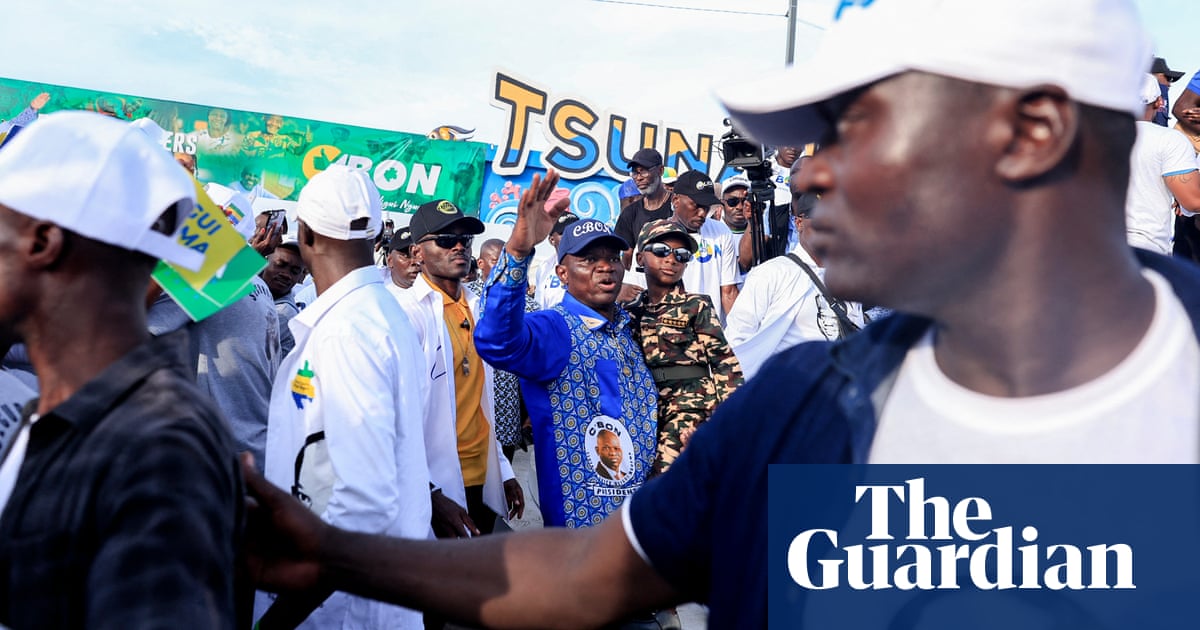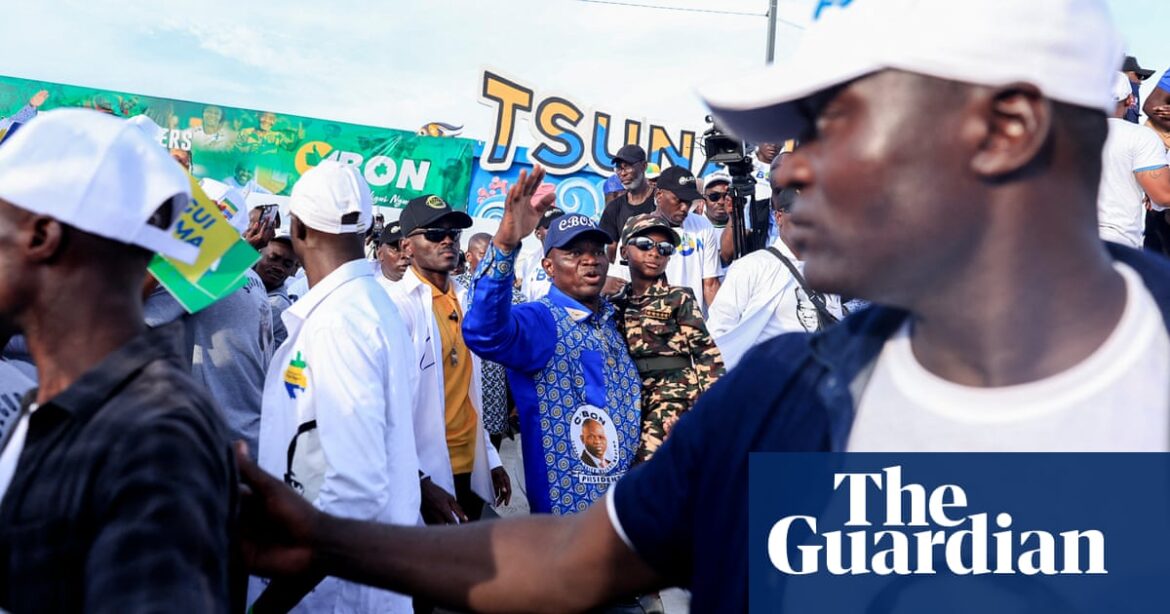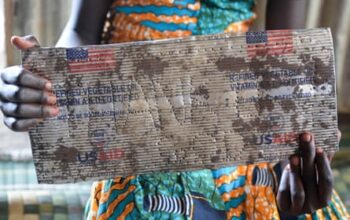
An estimated 1 million Gabonese citizens head to the polls on Saturday to vote in the country’s first presidential election since an August 2023 coup ended the 55-year Bongo family dynasty. For Brice Nguema, the junta leader turned civilian head of state, it could be a chance to cement his democratic credentials.
Last November, 860,000 registered voters approved a referendum for a new constitution with two seven-year presidential terms and an amnesty for participants in the removal of Ali Bongo, who had succeeded his father in 2009. Officials are yet to release data on the updated voters’ register but previously said they expected an additional 300,000 new registrations, including from those who have recently come of age.
Observer missions are already in place, including that of an eight-person Commonwealth team led by Danny Faure, a former president of Seychelles.
Four independents are in the race for president but analysts say the favourite is Nguema. Since coming to power, 50-year-old Nguema has styled himself as an anti-corruption crusader who had to resort to a coup to end an unpopular family dynasty, despite also being a cousin to Bongo. In October 2023, he made headlines for reportedly refusing to draw a salary for the presidency.
Those announcements drew plaudits in the oil-rich central African state where a third of the 2.3 million people live in poverty.
“Gabonese tell themselves that someone who works with this much ardour is trying to transform things,” Joseph Tonda, a sociologist at Omar Bongo University in Libreville, told Reuters news agency earlier this month.
But like his cousin, Nguema has maintained close ties with France even in the face of high anti-French sentiments in the region. And a 2020 investigation by the Organized Crime and Corruption Reporting Project (OCCRP) revealed multimillion-dollar assets abroad, believed to be the proceeds of embezzlement during his time in the presidential guard.
His closest challenger is the ex-prime minister Alain Claude Bilie By Nze, who was in government until the coup. Nze, who has campaigned as a pragmatic veteran seeking to create jobs and reduce the size of government, has also tried to dissociate himself from the old guard.
Other candidates include the former tax official Joseph Lapensée Essingone and Stéphane Germain Iloko, previously a member of the former ruling Gabonese Democratic party (PDG).
The coup, one of a string of military takeovers in west and central Africa between 2020 and 2023, was well received in Gabon, with many citizens trooping to the streets of Port Gentil and Libreville, its two biggest cities.
But there are concerns that Nguema may also be using the same Bongo playbook of muzzling dissent.
In particular, the Union for Democracy and Social Integration (UDIS) party – once allied with the former ruling party – has accused the administration of targeting its exiled leader, Hervé Patrick Opiangah, who is the subject of a criminal investigation for alleged incest and undermining state security.
Opiangah, 54, a former mining minister, has proclaimed his innocence and filed a complaint with the African Commission on Human and Peoples’ Rights.
Edmond Ngadi, a UDIS spokesperson who has called the matter a “state conspiracy”, said Opiangah was being targeted for mobilising for people to vote no during the 16 November referendum.
“This is a blatant violation of human rights … he is a Gabonese citizen who simply asks to return to his country safely to be able to secure his family, secure his businesses and also participate in the life of his country,” Ngadi said.
Source: theguardian.com



